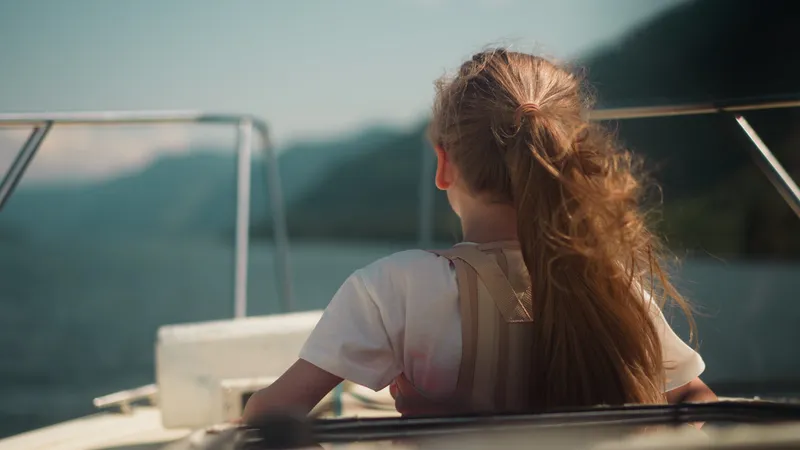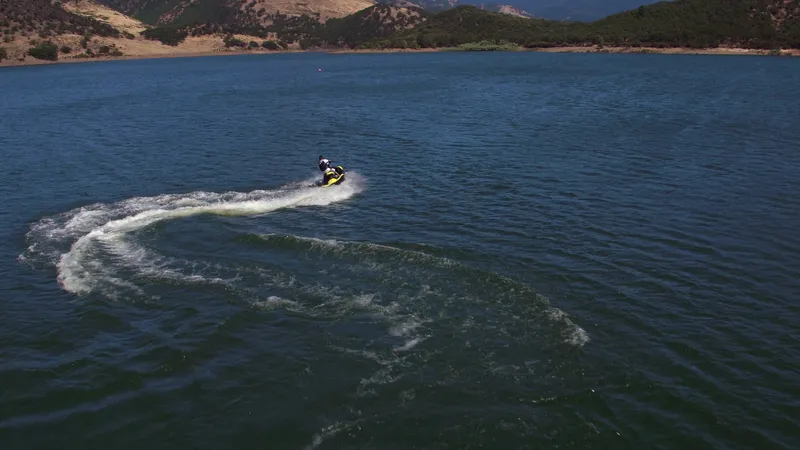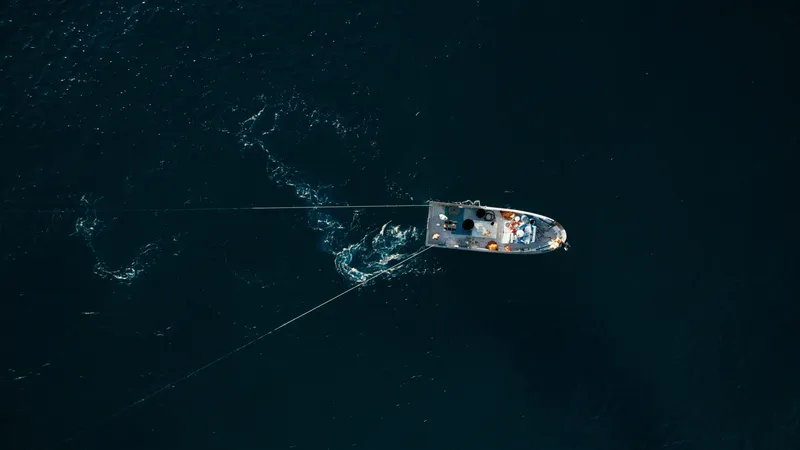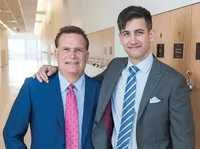When Boats Collide: Determining Liability in Multi-Boat Accidents
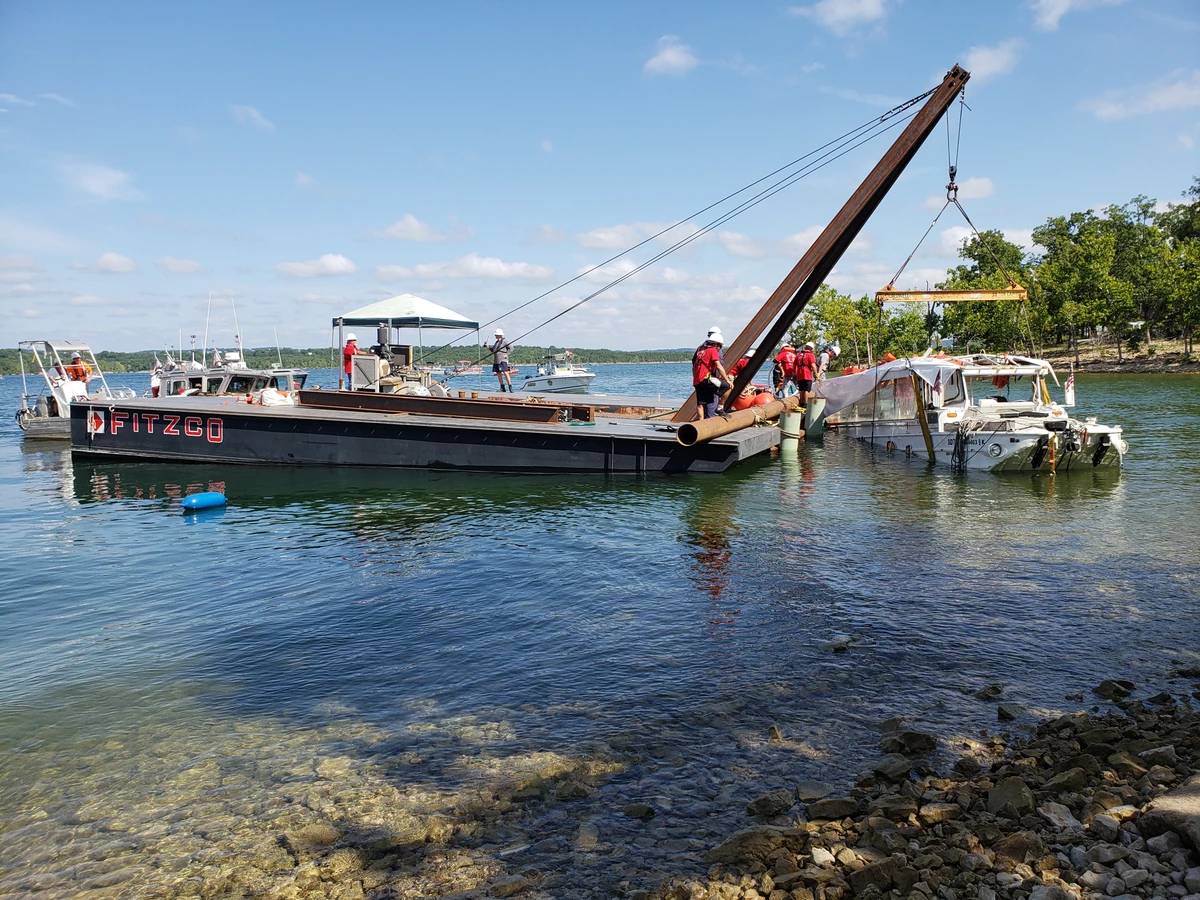
Published: 6/30/2022
Unfortunately, when two or more boats collide, the results can be chaotic and dangerous. Victims of multi-boat accidents often find themselves facing serious injuries, costly damage, and confusing questions about who is at fault.
Common Causes of Multi-Boat Collisions
Collisions between boats can happen in an instant, leaving vessels capsized or sinking and people in need of rescue. Such accidents often result in significant injuries and property damage. Knowing what to do in the aftermath — and how Georgia law assigns responsibility — can help protect your rights and safety. Below, we break down key information in clear terms so you can navigate the rough waters after a boating crash with confidence. Understanding the typical causes can help you identify what went wrong in your incident (and may also point to who was negligent). Here are some of the most common causes of boat-on-boat collisions:
-
Operator Inattention or Inexperience: Safe boating requires focus and knowledge of navigation rules. If a driver isn’t paying close attention or lacks experience, they may not notice another vessel in time to avoid a crash. In fact, operator inattention and inexperience rank among the top contributing factors in boating accidents
-
Failing to keep a proper lookout can easily lead to two boats trying to occupy the same spot, with disastrous results.
-
Excessive Speed or Reckless Navigation: Boats don’t have brakes like cars, and high speeds make it hard to turn or stop in time. Going too fast or driving a boat aggressively (weaving through traffic, jumping wakes, etc.) greatly increases the risk of collision. Excessive speed and reckless navigation contribute to a significant number of boat accidents in Georgia
-
Boating Under the Influence (BUI): Alcohol and boating are a deadly mix. Impaired judgment and slowed reaction times from drinking or drug use are a leading cause of crashes. Roughly one-third of all boating accidents involve a driver who is under the influence of alcohol Georgia law treats BUI similar to DUI, with criminal penalties, but intoxication also clearly indicates negligence in a civil injury case. If another boater was drinking and caused the crash, their impairment is strong evidence of fault.
-
Failure to Follow Right-of-Way Rules: Just like on the road, there are “rules of the road” on the water. Boaters must know when to yield, how to overtake or pass safely, and what to do when crossing paths. Many multi-boat collisions happen because someone ignored these navigation rules — for example, failing to yield when overtaking another vessel or running through a crossing without regard for oncoming traffic. If a boater violates Coast Guard navigation rules or Georgia boating regulations (such as operating too fast within 100 feet of another vessel, that unsafe behavior can make them liable for a resulting crash.
-
Weather and Water Conditions: Nature can play a role in boat collisions. Sudden storms, high winds, fog, or choppy waters can create hazards that lead to accidents. Large wakes from other vessels can also cause loss of control. Severe weather (heavy winds or rain) and large wakes have been known to throw boats off course or even toss passengers overboard, especially if the operator is inexperienced. While you can’t sue Mother Nature, boat operators are still expected to navigate carefully for the conditions. That means slowing down when visibility is poor or water is rough. If they don’t, and a crash happens, they could be deemed negligent for not adjusting to the conditions.
Determining Liability Under Georgia Law
After a multi-boat accident, who is responsible? Liability in boating collisions is typically based on negligence – in simple terms, which operator failed to act with reasonable care. Under Georgia law, a person is negligent if they fail to conduct themselves as a reasonable person under similar circumstances. In the boating context, a “reasonable boater” would follow all safety rules, stay alert, and operate at a safe speed. If a boater breaches that duty of care (for example, by speeding, drinking, or not paying attention) and causes a collision, they can be held legally liable for the damage and injuries that result.
Determining liability in a multi-boat accident can be complex. It’s possible more than one person is at fault. One boat driver might have been speeding while the other was not keeping a proper lookout, meaning both contributed to the crash. Georgia addresses these situations through its comparative negligence system. Under this system, each party’s share of fault for the accident is assessed as a percentage. For instance, one operator might be found 70% responsible and the other 30% responsible, depending on the circumstances.
Importantly, Georgia follows a modified comparative negligence rule (often called the “50% bar rule”). This means you can only recover damages if you are less than 50% at fault for the accident. If your share of fault is 50% or more, you would be barred from recovering anything from the other at-fault party. In practice, if you were, say, 20% at fault (perhaps you were going a bit too fast, but the other boater was intoxicated and mostly to blame), any compensation you win would be reduced by your 20% share. But you’d still be able to recover the remaining 80% of your damages from the other party. On the other hand, if a jury decides fault is an even 50/50 between two boaters, neither can collect from the other under Georgia law. This makes evidence gathering (discussed more below) critical – the stronger your evidence, the more clearly you can prove the other boater was the one primarily at fault.
It’s also worth noting that Georgia law has a special rule for boat owners. Unlike car accidents (where you typically can’t sue the vehicle owner just for lending their car to someone), Georgia law holds boat owners responsible for the negligent operation of their vessel by others, as long as it’s with the owner’s consent. In other words, if the person who hit you was driving a boat they don’t own (say, a friend’s or a family member’s boat), both the operator and the boat’s owner can be held liable for your damages. Georgia’s owner-consent statute makes the boat owner vicariously liable for the operator’s negligence, provided the operator had permission to use the boat. This can be very important in multi-boat accidents – it means there may be an owner’s insurance policy or assets that can help cover your losses, even if the operator themselves doesn’t have much insurance. (One exception: if the boat was rented from a livery or rental company, different rules may apply, but those cases have their own legal specifics.)
Proving liability will often require showing what each operator did wrong. Evidence like accident reports, witness statements, photographs of the damage, and even expert accident reconstruction can all come into play. If one boater clearly violated a safety law (for example, Boating Under the Influence or traveling at an unsafe speed near another vessel), that violation can be used as evidence of negligence. Ultimately, the goal is to paint a clear picture of how the collision happened and persuade the insurance adjusters (or a court, if a lawsuit is filed) who bears most of the blame.
Consult an Attorney Early
Once the immediate emergency is over and everyone is safe, consider contacting a boating accident attorney before too much time passes. An experienced lawyer can guide you on your rights and the best next steps. They can also handle communications with insurance companies for you. Remember, anything you say to insurers can be used to minimize or deny your claim – having legal counsel ensures you don’t inadvertently hurt your case. We discuss more on the role of legal representation below, but don’t hesitate to reach out for help soon after the accident. Evidence can disappear (boats get repaired, witnesses forget details) and there are deadlines (statutes of limitation) for filing injury claims in Georgia (typically two years for personal injury). Getting an attorney involved early will help preserve crucial evidence, determine liability, and set you up to pursue fair compensation.
Insurance Coverage (or Lack Thereof)
Georgia, unlike some states, does not legally require boat owners to carry insurance on their watercraft. This means that it’s entirely possible one of the boats in a collision (or even both) have no liability insurance to cover the damage. Many responsible boat owners do purchase insurance for their own protection, and marinas or lenders often require it, but it’s not mandated by law. If the at-fault boater has insurance, you (as an injury victim) would typically file a claim against their boat liability policy, similar to making a claim against an at-fault driver’s auto insurance. That policy should cover your medical bills, property damage, lost wages, etc., up to the coverage limits. If you own a boat and have insurance, you’ll also want to report the accident to your insurer, as mentioned above. Your own policy might have benefits like medical payments coverage (which pays for your medical bills regardless of fault) or uninsured boater coverage (which acts like uninsured motorist coverage if the at-fault party has no insurance).
However, if the other boater is uninsured or underinsured, recovering full compensation gets trickier. You may have to rely on your own coverage or pursue the at-fault party personally for damages. This is where having an attorney is crucial – they can identify all possible sources of recovery. Sometimes, a boat’s owner might have an umbrella insurance policy or there could be a rental company involved with its own insurance. Identifying the correct defendants and insurance policies is a key task after any multi-boat accident. Keep in mind, if a boat owner lent their vessel to someone, the owner’s homeowner’s insurance might provide some liability coverage in certain cases, though that’s not guaranteed and often excluded. An experienced lawyer will leave no stone unturned to find coverage.
Dealing with insurance companies in boating accident cases can be challenging. Boat insurance adjusters, like auto insurers, will look for ways to minimize payouts. They might argue that you were actually at fault or that your injuries aren’t as severe as claimed. If multiple boats and insurance companies are involved, it can become a tangle of finger-pointing. This is why having legal representation is so valuable.
Contact Bourne Law Firm for Help
A multi-boat accident can turn your life upside down in seconds. In the aftermath, you may be facing painful injuries, mounting medical bills, and a barrage of questions from insurance companies – all while trying to recover physically and emotionally. You don’t have to go through this alone. The Bourne Law Firm is here to help Georgia boating accident victims pick up the pieces and pursue the justice and compensation they deserve.
Related Articles
